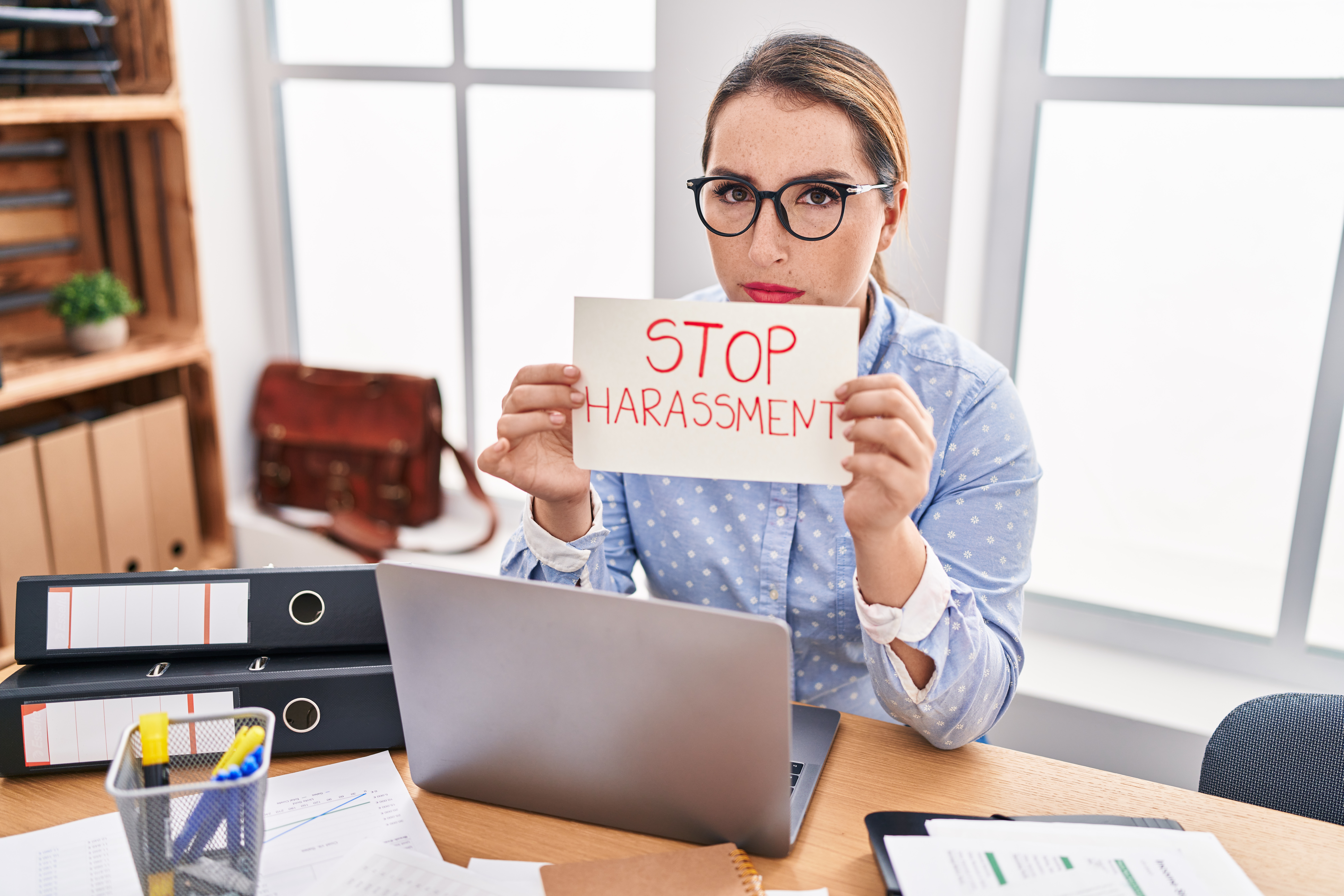Resistance is futile: You can’t ignore social media and have a strong career in the law
By: DOLAN MEDIA NEWSWIRES//May 15, 2013//
Resistance is futile: You can’t ignore social media and have a strong career in the law
By: DOLAN MEDIA NEWSWIRES//May 15, 2013//
By Amber Nimocks
Dolan Media Newswires
 Ping pong balls kept bouncing into the attorneys standing near the table tennis area, but no one seemed to mind. They simply stepped aside to make room for the college students chasing the wayward balls. The attorneys kept talking and sipping their microbrews. This was a Legal Geek Meetup, and they were getting their networking done.
Ping pong balls kept bouncing into the attorneys standing near the table tennis area, but no one seemed to mind. They simply stepped aside to make room for the college students chasing the wayward balls. The attorneys kept talking and sipping their microbrews. This was a Legal Geek Meetup, and they were getting their networking done.
At first glance, it would be hard to tell the difference between a Legal Geek Meetup and a few lawyers simply getting together to drink beer. But a picture of the changing nature of professional networking emerges when you consider the impulse behind events like the meetups, put on by the North Carolina Bar Association’s Center for Practice Management, and social media spaces like MyBar, a Facebook-like forum created by the South Carolina Bar. They are just two of the ways practice management experts are trying to help legal professionals ease into the 21st century communications groove.
Popularized by the website of the same name, a meetup generally refers to a gathering of people who met via digital media and want to take their relationship from the virtual to the actual. Eric Mazzone, director of the NCBA’s Center for Practice Management, scheduled half a dozen Legal Geek Meetups around the state this spring and summer, each set in a brewery or coffee shop. He feels compelled to help lawyers learn to use social media because, despite the fervent wishes of some, it’s not going away.
“As social media and digital connectivity constantly change the way we interact, in every aspect of life, from making friends to consuming media to doing business, the organizations that serve people and professionals are looking for new ways to stay ahead of those changes,” he said.
The Durham meetup, where the ping pongs balls flew freely one April evening, turned out to be a great occasion to talk and drink beer. It was 72 degrees, and the sinking sun filled the loud, vast space of Durham’s Fullsteam brewery with golden light. Men in flip flops and shorts, and women in sundresses wandered past, their dogs on leashes. One of the lawyers returned from a food truck parked outside with a basket of hot sweet potato fries and thrust it toward a cluster of her new business contacts: “Have some! They’re delicious!”
The 20 or so attorneys exchanged stories about their lives, blending personal and professional information, the conversations unfolding in a series of short interchanges. Such scenes are common at most professional mixers, and it’s what lively social media interaction would look and sound like if it took a physical form.
![]()
It’s hard for some attorneys to understand just how much social media networking has in common with the old school, look-them-in-the-eye, physical networking they grew up on. Social media is simply the fellowship hall of the new era. The things that mattered in the past, personality and a genuine interest in other people, remain paramount.
The coin of the realm
Mazzone said one of the challenges of getting lawyers to use social media is that they tend to view it as means to an end, rather than a chance to participate in a conversation. Those most successful at using social media for promotion and networking understand that you have to get into the spirit of it. It’s supposed to be fun. The process matters more than the result. In fact, in most cases there is no result.
Compare it to playing golf. The golf course can be a great forum for making professional connections. But if you find the exercise ridiculous, if you see no point in repeatedly attempting to knock a little ball into a hole with a stick, odds you’re going to be a lousy golfer – and a drag to play with. Likewise, if you think using Twitter is nothing but another chore added to your to-do list, no one’s going to want to tweet with you.
“The coin of the realm is authenticity,” Mazzone said.
Another challenge for lawyers using social media is navigating the line between the personal and the professional. Professional concerns about matters like solicitation and attorney-client relationships can impede expression. But blending the personal and professional on social media is unavoidable. “You’re working at cross purposes if you’re trying to keep those lives separate,” Mazzone said.
At the same time, those boundaries exist. The NCBA offers individual attorneys help with figuring out where the lines are regarding social media and digital activities, though Mazzone doesn’t anticipate that any hard-and-fast, sweeping rules are in the offing.
Spartanburg, S.C., attorney J. Benjamin Stevens, aka The Mac Lawyer — the name of his website and blog — is a legal tech pioneer and a frequent presenter at the American Bar Association’s TechShow. He sees social media as a multipurpose tool. Stevens maintains two Facebook pages, one for his firm and a personal page for himself. In general, he doesn’t put personal information on the firm page and does not “friend” clients on his personal page. He does friend fellow attorneys. He blogs, tweets and is on LinkedIn.
At one point he and a fellow South Carolina attorney, the future Jenny Stevens, began dating. They are now married and have merged their families, with six children total. The Stevenses also became partners in a family law practice last year. Facebook friends followed the pair’s story. Some who met Jenny in person for the first time at a recent conference greeted her like she was an old friend.
“We get that a lot because she blogs too,” Ben Stevens said. “We’re both out there on social media a lot.”
Those virtual connections helped smooth Jenny’s transition from Charleston to Spartanburg. And that digital visibility translates into a higher professional profile. Attorneys frequently seek Ben Stevens’ advice about fellow judges, matters of law or technology challenges.
A demographic surprise
The need for similar digital connections prompted the S.C. Bar to create MyBar, a virtual space just for its members, about 18 months ago. S.C. Bar marketing director Jeff Manning said it gives attorneys a place to seek advice and develop mentor-mentee relationships. MyBar also has private forums dedicated to sections of the bar, where attorneys can seek answers from only members of that section.
Manning said MyBar has about 1,000 members. The bar plans to hold a series of meetings around the state this summer to spread the word. What has surprised Manning is the age diversity of those on MyBar.
“It is honestly all over the board,” he said. “I was thinking that my main demographic was going to be young family law attorneys. Some of the greatest involvement we have is from older probate attorneys. That shows you where our community and country is. [Digital interaction] is a vital part of life.”
Like the NCBA, the S.C. Bar shies away from drawing bright lines when it comes to rules regarding mainstream social media. Instead, it offers a “rainmaking boot camp” CLE, which provides guidance in that area, Manning said.
Mazzone said most lawyers say they don’t have time to participate in social media. But he expects that will change as digital relationships increase.
“It’s going to be like the phone or the fax machine,” Mazzone said. “The technology won’t be that novel. It will be about the conversations we have.”
Legal News
- Wisconsin attorney loses law license, ordered to pay $16K fine
- Former Wisconsin police officer charged with 5 bestiality felony counts
- Judge reject’s Trump’s bid for a new trial in $83.3 million E. Jean Carroll defamation case
- Dozens of deaths reveal risks of injecting sedatives into people restrained by police
- The Latest: Supreme Court arguments conclude in Trump immunity case
- Net neutrality restored as FCC votes to regulate internet providers
- Wisconsin Attorney General asks Congress to expand reproductive health services
- Attorney General Kaul releases update at three-year anniversary of clergy and faith leader abuse initiative
- State Bar leaders remain deeply divided over special purpose trust
- Former Wisconsin college chancellor fired over porn career is fighting to keep his faculty post
- Pecker says he pledged to be Trump campaign’s ‘eyes and ears’ during 2016 race
- A conservative quest to limit diversity programs gains momentum in states
WLJ People
- Power 30 Personal Injury Attorneys – Russell Nicolet
- Power 30 Personal Injury Attorneys – Benjamin Nicolet
- Power 30 Personal Injury Attorneys – Dustin T. Woehl
- Power 30 Personal Injury Attorneys – Katherine Metzger
- Power 30 Personal Injury Attorneys – Joseph Ryan
- Power 30 Personal Injury Attorneys – James M. Ryan
- Power 30 Personal Injury Attorneys – Dana Wachs
- Power 30 Personal Injury Attorneys – Mark L. Thomsen
- Power 30 Personal Injury Attorneys – Matthew Lein
- Power 30 Personal Injury Attorneys – Jeffrey A. Pitman
- Power 30 Personal Injury Attorneys – William Pemberton
- Power 30 Personal Injury Attorneys – Howard S. Sicula











